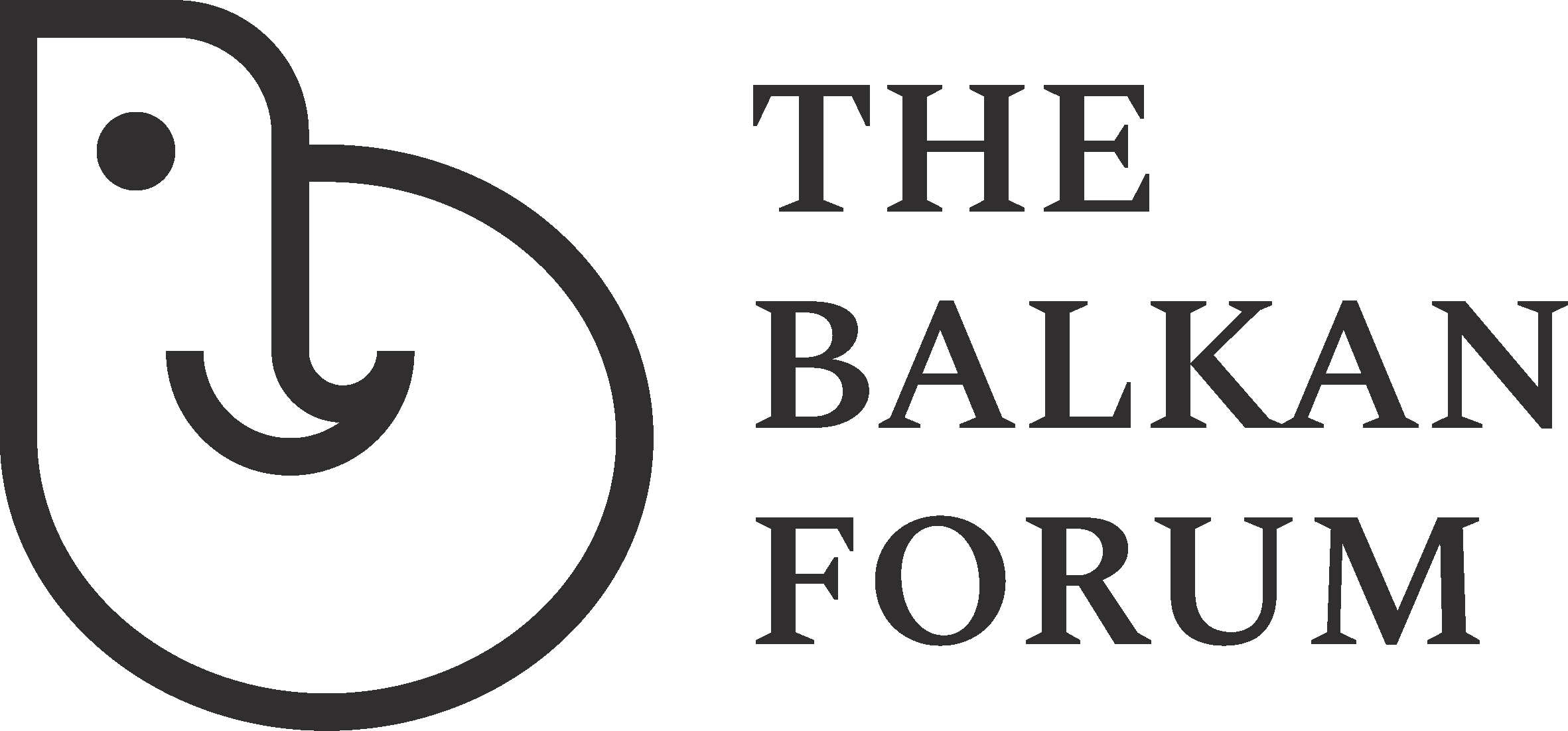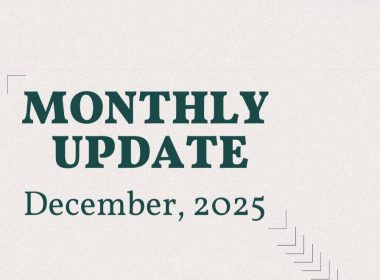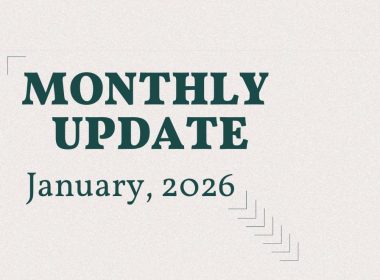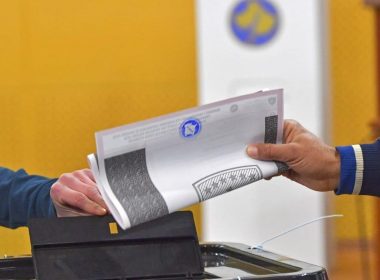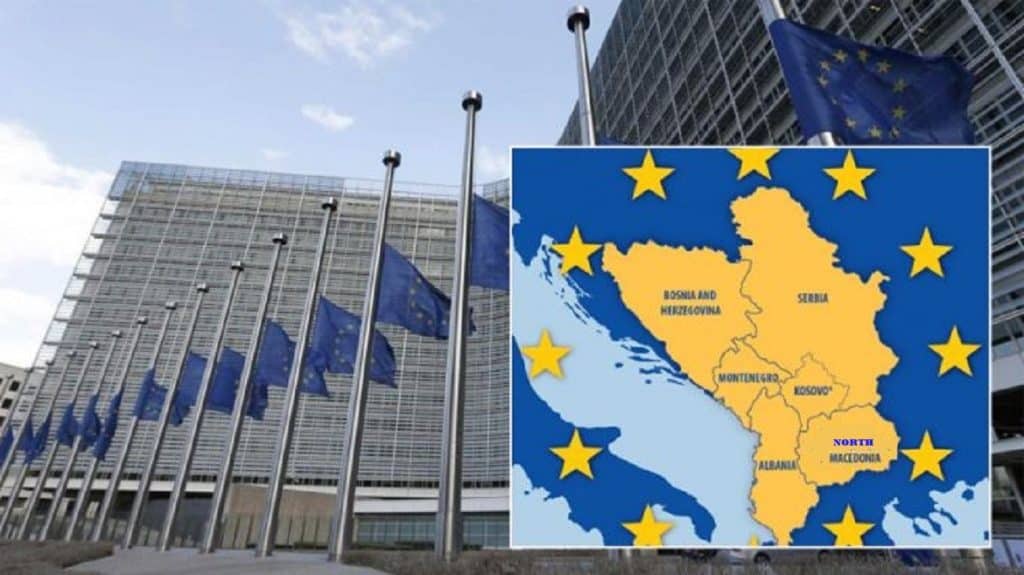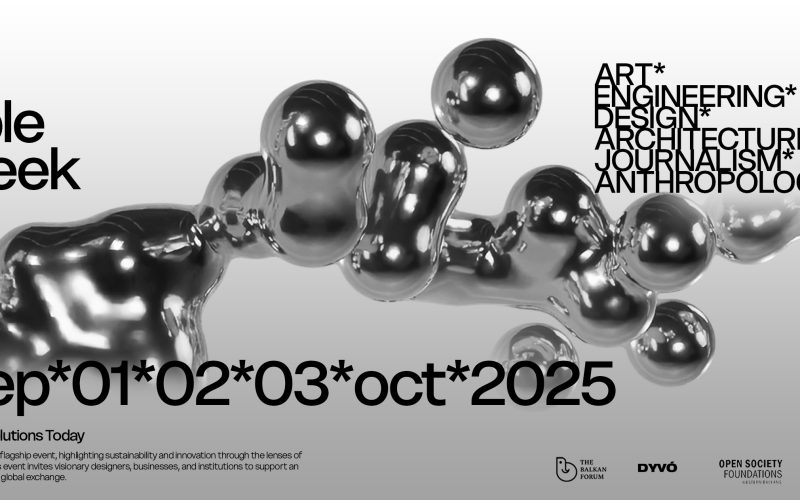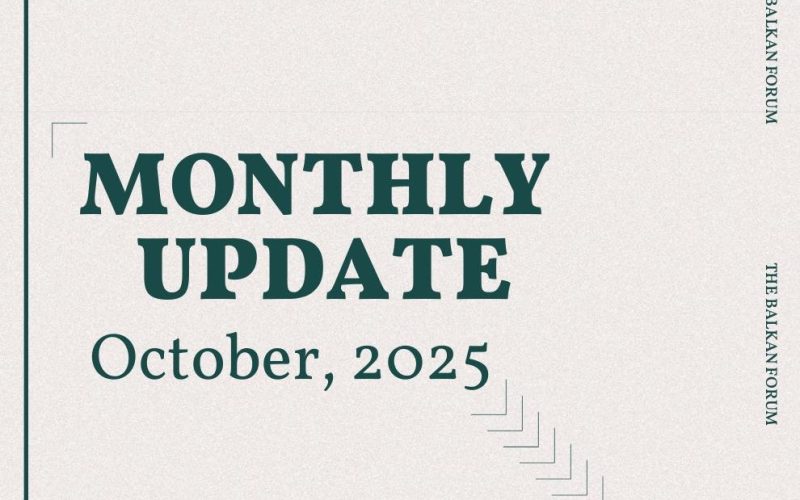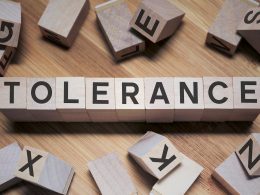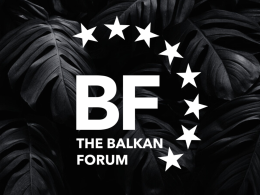The Western Balkans are still a territory of aspiration, hopes, and sometimes frustration with regard to accession to the European Union. The European Commission’s reports of 2025 bring about a lot of nuances showing that while all countries are somehow committed to this path, each one has its own particular political, economic, and social challenges. Let’s have a look at insights through the region.
Albania
The situation in Albania is seen positively regarding its process to EU membership. The country remains an active participant in the region through its involvement in the Berlin Process and the establishment of the Common Regional Market, having completely embraced the EU’s Common Foreign and Security Policy. The political situation there, while having very little inter-party dialogue, has been able to implement continuous reforms in the judiciary. The Special Anti-Corruption and Organized Crime Structure (SPAK) has been successful in obtaining convictions of a high-profile nature; however, bribery and corruption continue to be problems. The law secures the press’s freedom, but the media situation continues to be affected by several factors, such as a lack of transparency and political interference.
Tourism, construction, and remittances are the main sources of income for Albania, and macroeconomic stability is maintained along with the growth of these sectors. However, the economy still faces some structural issues, such as informality and low labor market participation. The environmental aspect of Albania is still rather modest. Hydropower plants supply the country’s entire energy needs, but renewable energy projects and pollution control measures are progressing slowly. In conclusion, Albania stands as an advanced country for EU membership, hence to maintain this status the country must continue to progress and flourish in the associated factors of governance, laws, media freedom, and environmental sustainment continue to flourish.
For more read BiEPAG reaction: Albania country report – Albania’s EU path – Navigating Momentum and Stagnation by Gjergji Vurmo
Bosnia and Herzegovina
Bosnia and Herzegovina is the one that has the toughest road to travel. The disjointed administration under the Dayton Peace Agreement is the reason for slow decision-making and reform implementation. In addition, political polarization and ethnic-national divisions are the major threats of effective governance. The courts are subjected to political influence, there is a lot of corruption, and media freedom is very much limited. The country’s economic recovery is extremely slow, and youth unemployment and poor infrastructure are the most serious challenges the society is facing. Environmental protection is somewhat in line with the EU’s standards, but the lack of enforcement makes it almost useless. Bosnia and Herzegovina looks weakened by the existing fragmentation and lack of law enforcement, which remains the main drawback for its accession prospects.
The political willpower, the independence of the judiciary, the freedom of the press, the strength of the economy, and the reformation of the environment would all be needed. The EU’s path in the area is going to be tough, but if the local authorities continue with their reforms, the European dream of the Balkans will remain very much in the realm of reality.
For more read BiEPAG reaction: Bosnia and Herzegovina country report – Bosnia and the EU Enlargement Report – A Non-Event in a Non-Process by Vedran Džihić
Kosovo
Kosovo isn’t technically a candidate, though the Commission still assesses its progress after it formally applied for EU membership in December 2022.
Kosovo gives a strong signal that it wants to join the EU. Kosovo aligns its clear commitment to EU values. The EU has repeatedly welcomed, in particular, Kosovo’s continued condemnation of Russia’s unjustified and unprovoked military aggression against Ukraine and its enforcement of restrictive measures against Russia and Belarus. However, on the other side of the coin, the situation is very complicated and dismal. The political stalemate informing the paralysis of institutions is to blame for this bleak picture. While institutions are in place, the progress made is hindered by discord, violation of rules, and lack of monitoring by the legislation. The elections held in February 2025 were very peaceful and inclusive, but the issue of trust was worsened as a result of misinformation and the misuse of public resources.
Judges in Kosovo still have a hard time being independent and accountable; the problem of corruption is still very much there; and in general, the rights of citizens are sometimes talked about as if they were merely theoretical. There are still injustices for minorities, the weak, and especially women. The right of free expression is guaranteed by the constitution, yet the plight of the press with regard to plurality is caused by political meddling and economic weakness. Kosovo is economically resilient, on the one hand, since it has a sound macroeconomic performance; however, the areas of informal employment, high unemployment, and a small tax base are very challenging and taxing for the economy. The area of environment and energy reforms is still behind, with coal being the biggest energy source and almost no pollution control being in place. The engagement with Serbia is still on hold, but Kosovo’s commitment to EU membership is moderate, waiting for serious reforms in governance, rule of law, human rights, and sustainability.
For more read BiEPAG reaction: Kosovo country report – The one with a wasted year by Donika Emini
Montenegro
Montenegro the report confirms that Montenegro is one of the most advanced candidate countries. To acknowledge this progress, Montenegro expects to receive a clear political signal such as start drafting the accession treaty. With all chapters opened and in a good track to be reformed the democratic institutions are operational, although political polarization and the influence of parties are still present. The rule of law reforms are taking place gradually. The judiciary’s independence has not yet reached a robust level, and widespread corruption among high officials persists. Although media freedom exists, its exercise is influenced by the political and economic environments. The economy is mainly helped by tourism, energy, and services, but the government debt, bureaucratic procedures, and a large percentage of unemployed youth continue to pose obstacles of sorts. The state of environmental compliance has improved, yet there are still differences in its implementation at different places. Montenegro has not only opened all 33 negotiation chapters but also made it a point to be the most likely candidate for the EU by incorporating regional cooperation and aligning with the EU standards.
For more read BiEPAG reaction: Montenegro country report – Reform First, Respect Next – Why Montenegro Must Not Be Treated as Second-Class by Jovana Marovic
North Macedonia
Despite changing its name in 2019 to resolve the dispute with Greece the country remains held back by a history and language with Bulgaria.
The matter in North Macedonia regarding the acceptance of the Bulgarian ethnic groups remains quite obscure. It is absolutely in conformity with the EU’s foreign policy and sanctions and is a close participant in regional cooperation. The democratic institutions are functioning; however, the polarized politics and a weak opposition dialogue are slowing down the reforms’ execution. The independence of the judiciary was a matter of discussion, but still, the courts are undergoing political interference. The corruption battle continues, but its extent is limited. The media diversity is still vulnerable, and there are still problems of transparency and financial stability. The nation has the power to regulate its financial state, but the problem of unemployment among young people and the general structural infirmities are still there. Environmental policy has made some progress, but pollution, waste management, and the use of renewable energy are still at an unsatisfactory level. North Macedonia has to strengthen the fields of judicial independence, media freedom, anti-corruption measures, and green initiatives to keep pace.
For more read BiEPAG reaction: North Macedonia country report – North Macedonia EC Report 2025 – Stagnation and Frustration by Nikola Dimitrov
Serbia
Serbia has to deal with a very delicate political situation, trying to balance the different interests. At the same time, a very strong macroeconomic stability has been achieved, but democracy and the rule of law are slowly but surely losing ground. The political divide, interference in the institutions, and non-existent dialogues in the parliament are all factors that contribute to the poor state of governance. The independence of the judiciary and the combating of corruption is very slow, while at the same time, the situation of the media, which is already very poor, is getting worse due to political and economic pressures. Serbia has not been as aligned with the EU policy towards Russia as it was before, the process of normalization with Kosovo has come to a standstill, and Serbia’s position on EU sanctions against Russia is becoming softer. The environmental and energy reforms are also behind.
For more read BiEPAG reaction: Serbia country report – EC 2025 Progress Report on Serbia – Harshest ever but harsh enough? by Marko Kmezić
